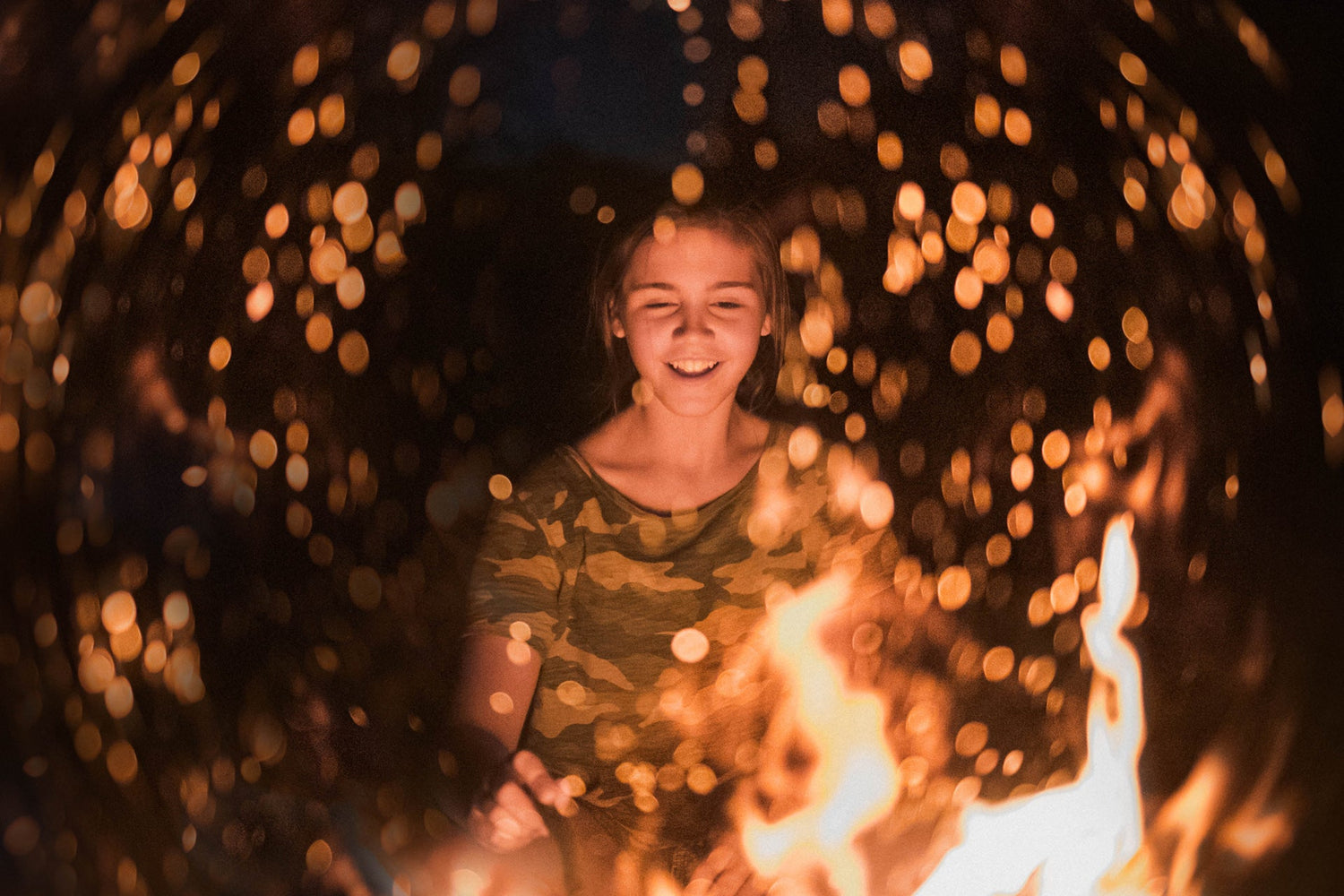Fireworks are one of the most spectacular and popular forms of celebration. Whether it's New Year's Eve, national holidays or festive events - colourful lights and loud bangs in the sky are a sign of joy and community. But behind the fascination with the lights lies a history that goes back a long way.
The invention of fireworks
The history of fireworks dates back to ancient China around the 9th century. A Chinese monk accidentally discovered that a mixture of gunpowder, salt and other chemical compounds produced coloured lights and loud noises when burned.
In ancient China, fireworks were originally used in religious ceremonies and festivals to drive away evil spirits and bring good luck. Even then, fireworks were associated with the start of the new year. Shooting fireworks was supposed to ring in the new year and bring prosperity and harmony. The art of making fireworks eventually spread to Europe via the Silk Road. The magnificent firework displays we know today only developed in the 18th and 19th centuries, when chemists began to control the chemical reactions more precisely in order to create more spectacular effects.
The fascination of fireworks
Fireworks create amazement, joy and a sense of community when people come together to marvel at the impressive lights in the sky. The explosions and the blaze of colour create a euphoric atmosphere. But despite the fascination they generate, we should not forget that fireworks also have their downsides.
The environmental impact of fireworks
While fireworks may seem fascinating and exciting at first glance, they unfortunately have a negative impact on the environment
Fireworks are particularly stressful for animals. The loud noise and bright lights cause fear and stress in many pets and wild animals. Dogs, cats and other animals often flee in panic from the noise, which can lead to injuries.
In addition, there is the enormous amount of rubbish produced by the packaging and remains of fireworks. This waste often ends up in bodies of water or on the streets and pollutes nature.
Given the negative impact of fireworks on the environment and health, the idea of using more sustainable alternatives is becoming increasingly popular.
For example, digital or water-based fireworks are being discussed. However, the simplest and safest option is to do without fireworks altogether. Many cities and communities have now organised large, environmentally friendly celebrations where people sing, dance or enjoy the moment together in a festive atmosphere instead of fireworks.





